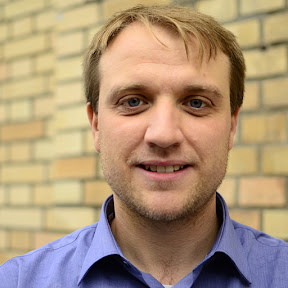“When anyone says the word ‘nature’, we should ask the question, ‘Which nature?’ Naturally fertilized cabbage? Nature as it is, industrially lacerated? Country life during the 1950s (as it is represented in retrospect today, or as it was represented in days gone by to country folk, or to those who dreamed of country life)? Mountain solitude before the publication of hikers’ guides to deserted valleys? Nature as conceived by natural science? Nature without chemicals? The polished ecological models of interconnectedness? Nature as it is depicted in gardening manuals? Such nature as one years for (peace, a mountain stream, profound contemplation)? As it is praised and priced in the supermarkets of world solitude? Nature as a sight for sore eyes? The beauty of a Tuscan landscape — in other words, a highly cultivated art of nature? Or nature in the wild? The volcano before it erupts? The nature of early cultures, invested with demonic power, subjectivity and the living gods of religion? The primeval forest? Nature conceived as a zoo without cages? As it roars and rages in the cigarette advertisements of the city’s cinemas?”
–Ulrich Beck, “Ecological Politics in an Age of Risk“
